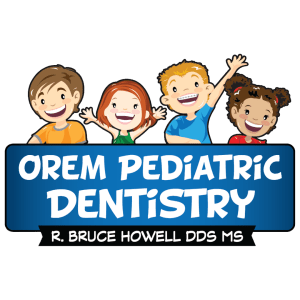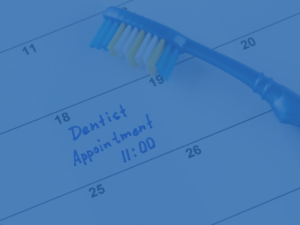Proper nutrition is vital for children’s overall health and dental health. This guide will cover the essential vitamins and minerals for children’s dental health. We will also give you some foods to include in your children’s diet so you can give them healthy and balanced meals.
Vitamin D and calcium for strong teeth and bones.
Vitamin D is essential for the absorption of calcium, which is necessary for strong teeth and bones. Without enough vitamin D, the body cannot absorb calcium properly, weakening bones and teeth. Children deficient in vitamin D and calcium may be at a higher risk for tooth decay and other dental problems.
Good sources of vitamin D include:
- Fish: salmon, tuna, swordfish, sardines
- Egg yolks
- Dairy and plant milk fortified with vitamin D.
- Beef liver
- Fortified cereals
Additionally, spending time in the sun can help the body produce vitamin D naturally. Our bodies can produce vitamin D from sunlight. It is the most natural source of vitamin D. Aim for 10-30 minutes of sunlight at midday several times per week.
Good sources of calcium include:
- Dairy products
- Eggs
- Leafy greens (spinach, kale, mustard greens, etc.)
- Almonds
- Fortified foods such as orange juice and cereal
Vitamin C for healthy gums.
In addition to vitamin D, vitamin C also plays a crucial role in promoting dental health, specifically healthy gums. Vitamin C helps to strengthen the blood vessels in the gums, reducing the risk of gum disease and bleeding gums.
Foods rich in vitamin C include:
- Citrus fruits
- Strawberries
- Kiwi
- Grapefruit
- Cantaloup
- Red and Green bell peppers
- Cabbage
Vitamin A for enamel protection.
Vitamin A is essential for maintaining strong and healthy tooth enamel. This vitamin helps to produce saliva, which helps to neutralize harmful acids in the mouth that can erode tooth enamel.
Foods rich in vitamin A include:
- Leafy greens (kale, spinach, broccoli)
- Yellow and orange vegetables – carrots, sweet potatoes, pumpkin, yellow squash) Be sure to eat only cooked carrots while wearing braces. (Eat steamed carrots while you are wearing braces)
- Cantaloupe
- Mango
- Tomatoes
While vitamin A is essential for oral health, too much can be harmful, so it’s best to get it from food rather than supplements.
Vitamin B12 for reducing inflammation.
Inflammation is a common side effect of wearing braces, as the brackets and wires can irritate the gums and soft tissues in the mouth. Vitamin B12 has been shown to have anti-inflammatory properties, making it a great addition to your diet while undergoing orthodontic treatment. Good sources of vitamin B12 include:
- Meat
- Poultry
- Fish
- Eggs
- Dairy products
If you follow a vegetarian or vegan diet, you can find vitamin B12 in fortified cereals and plant-based milk alternatives or vitamin B12 supplements.
Potassium & Magnesium
Like vitamin D, potassium improves bone mineral density. It also works with magnesium to prevent blood from becoming too acidic, which can leach calcium from your child’s bones and teeth. Some good sources of potassium and magnesium are:
- Avocado
- Dark chocolate
- Bananas
- Leafy green vegetables
- Legumes (beans, lentils, chickpeas, soy)
- Potatoes
- Cashews
Phosphorous
Phosphorus is a mineral that’s in bones and teeth. It works with calcium to create the main structural component of bones and tooth enamel. So, your child needs phosphorous to keep their teeth and bones strong. Good sources of phosphorous include:
- Seafood
- Beef
- Pork
- Cheese
- Beans
- Soybeans
- Lentils
- Pumpkin seeds
How to ensure your child is getting enough vitamins and minerals for dental health.
It’s essential to ensure your child gets enough of these vitamins and minerals through a balanced diet, as a deficiency can cause dental problems such as tooth decay and gum disease. Ensure your child’s diet includes a variety of fruits, vegetables, dairy products, and lean proteins to ensure they get all the vitamins and minerals they need for optimal dental health. If you have concerns about your child’s diet or the health of their teeth, please contact us.
Your Friendly Team
Orem Pediatric Dentistry






